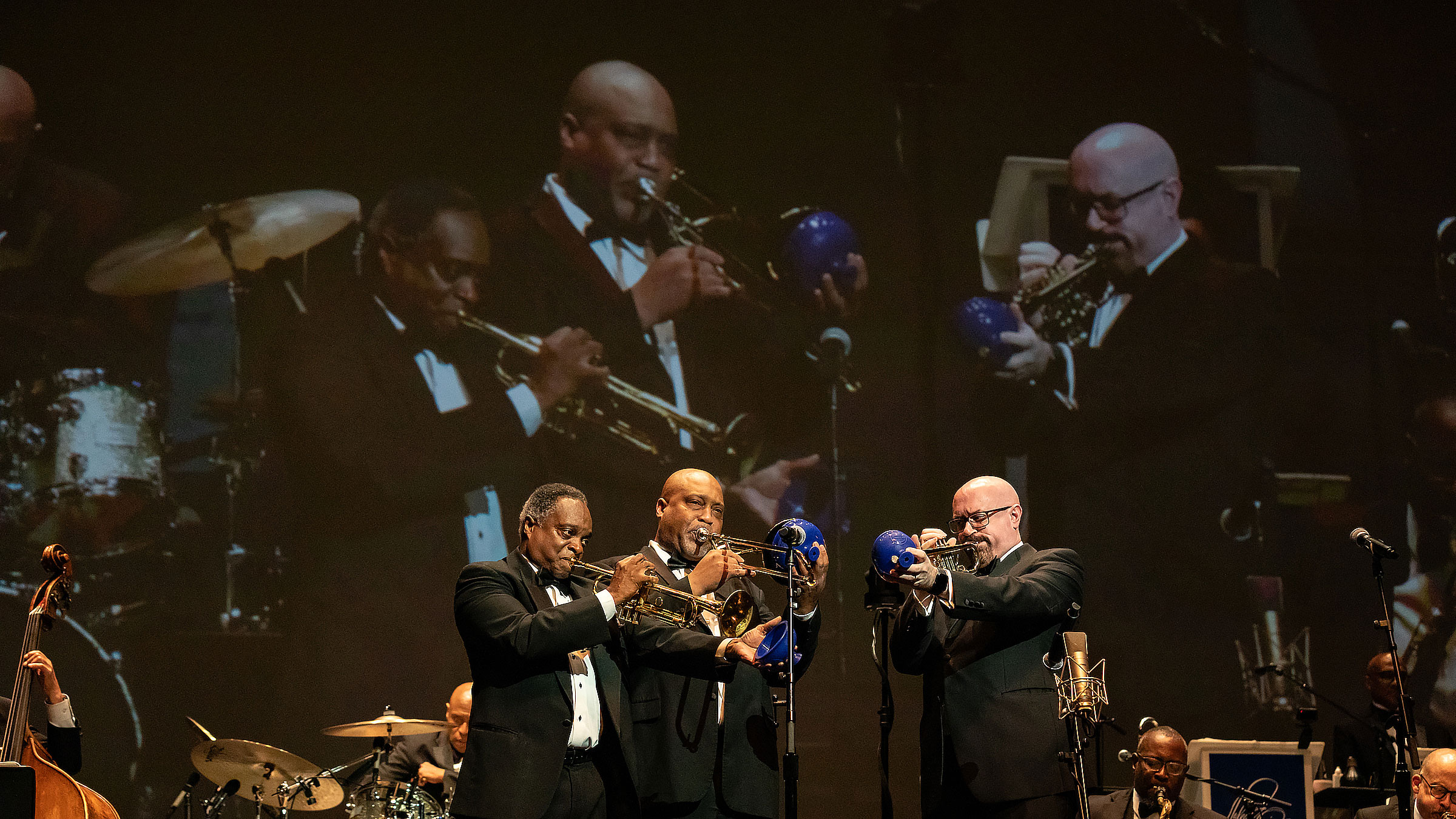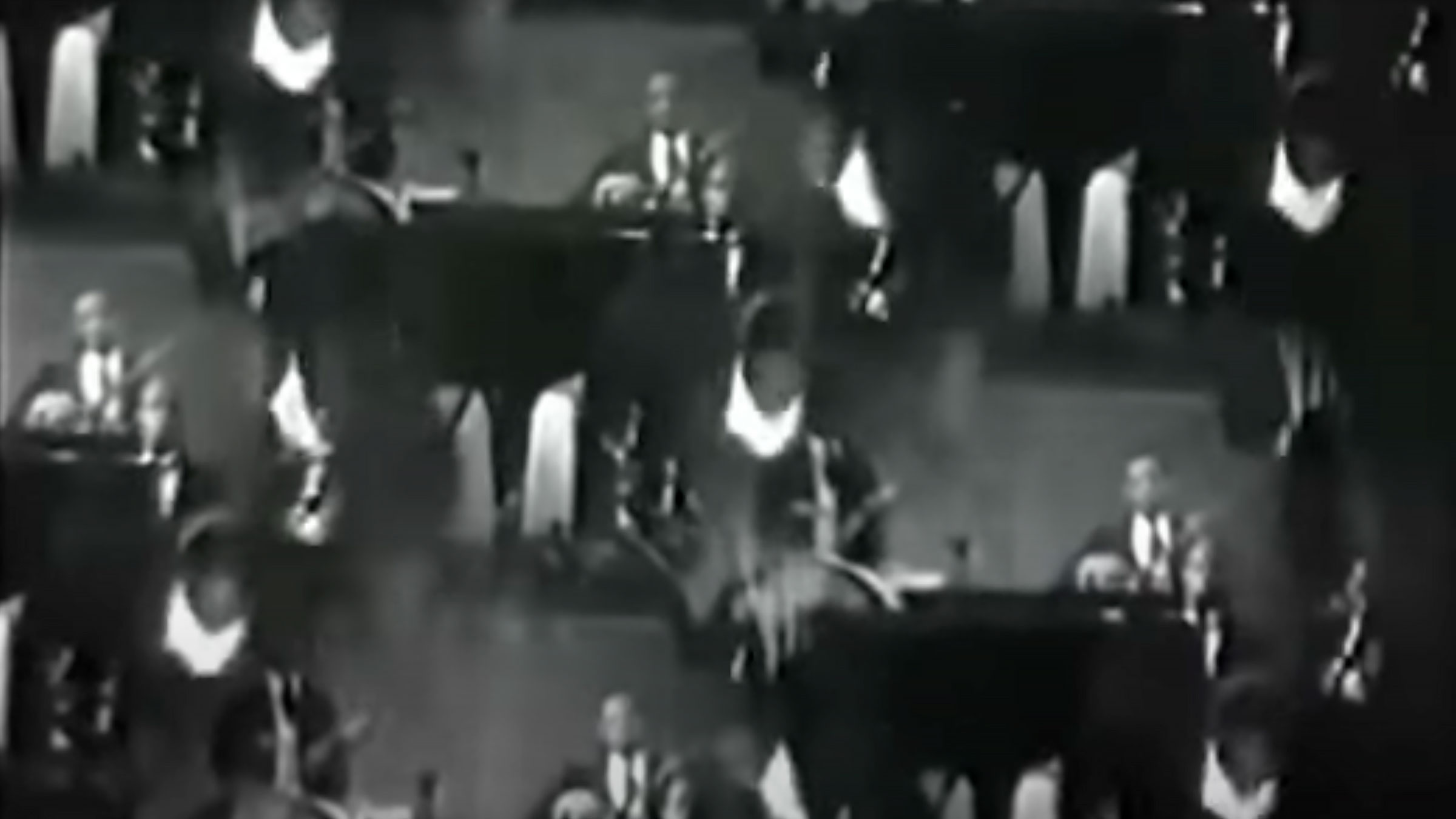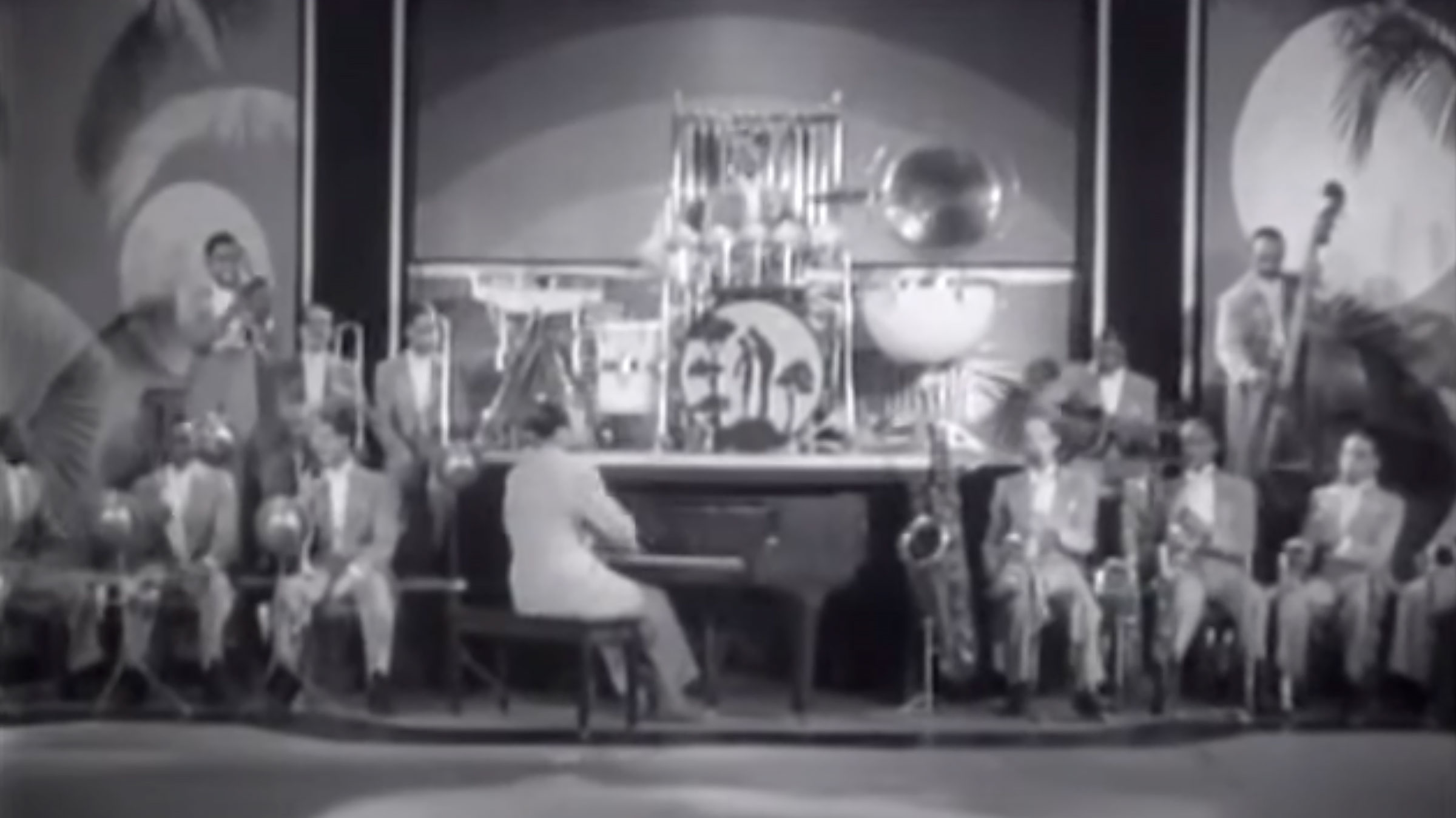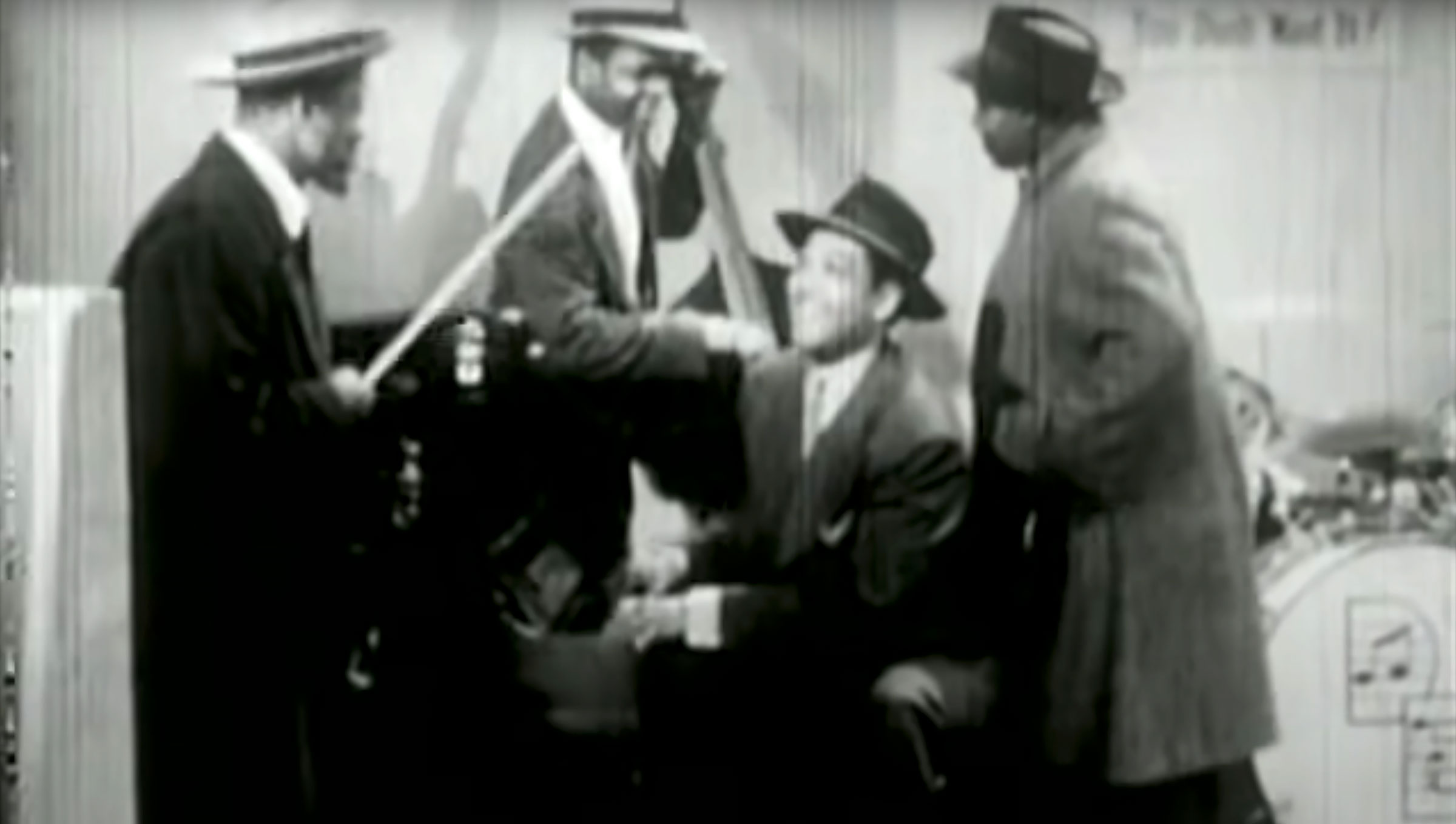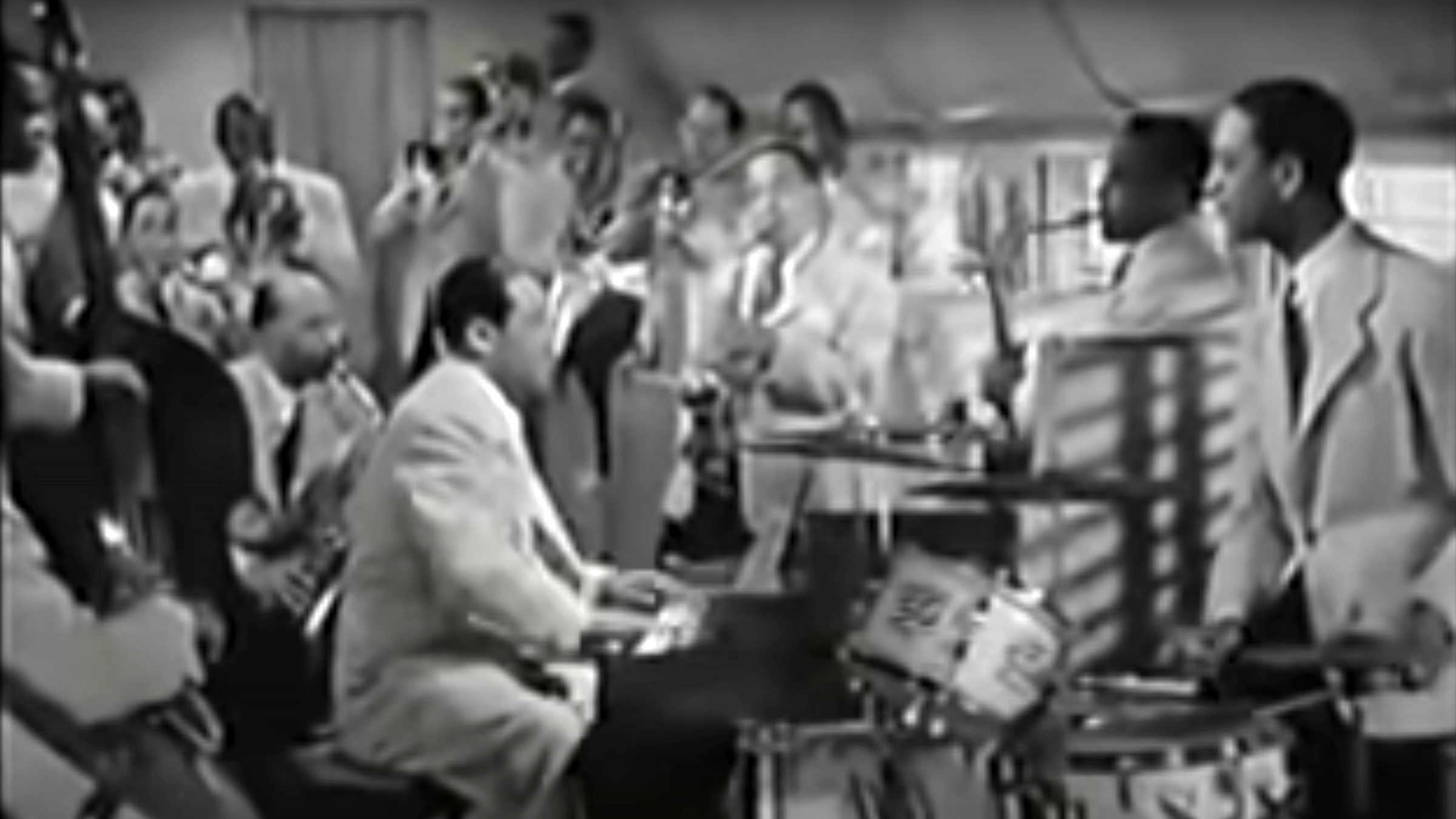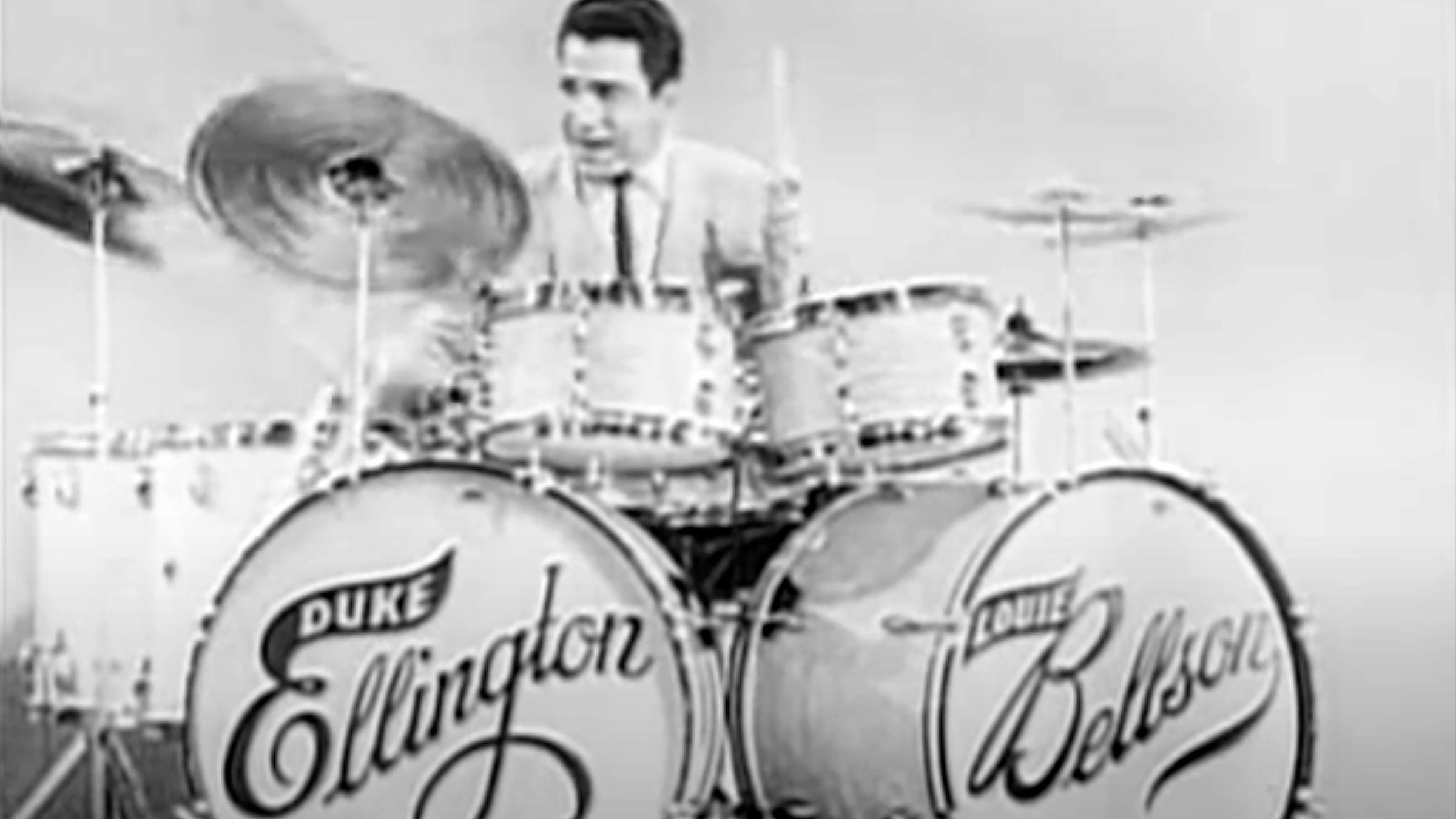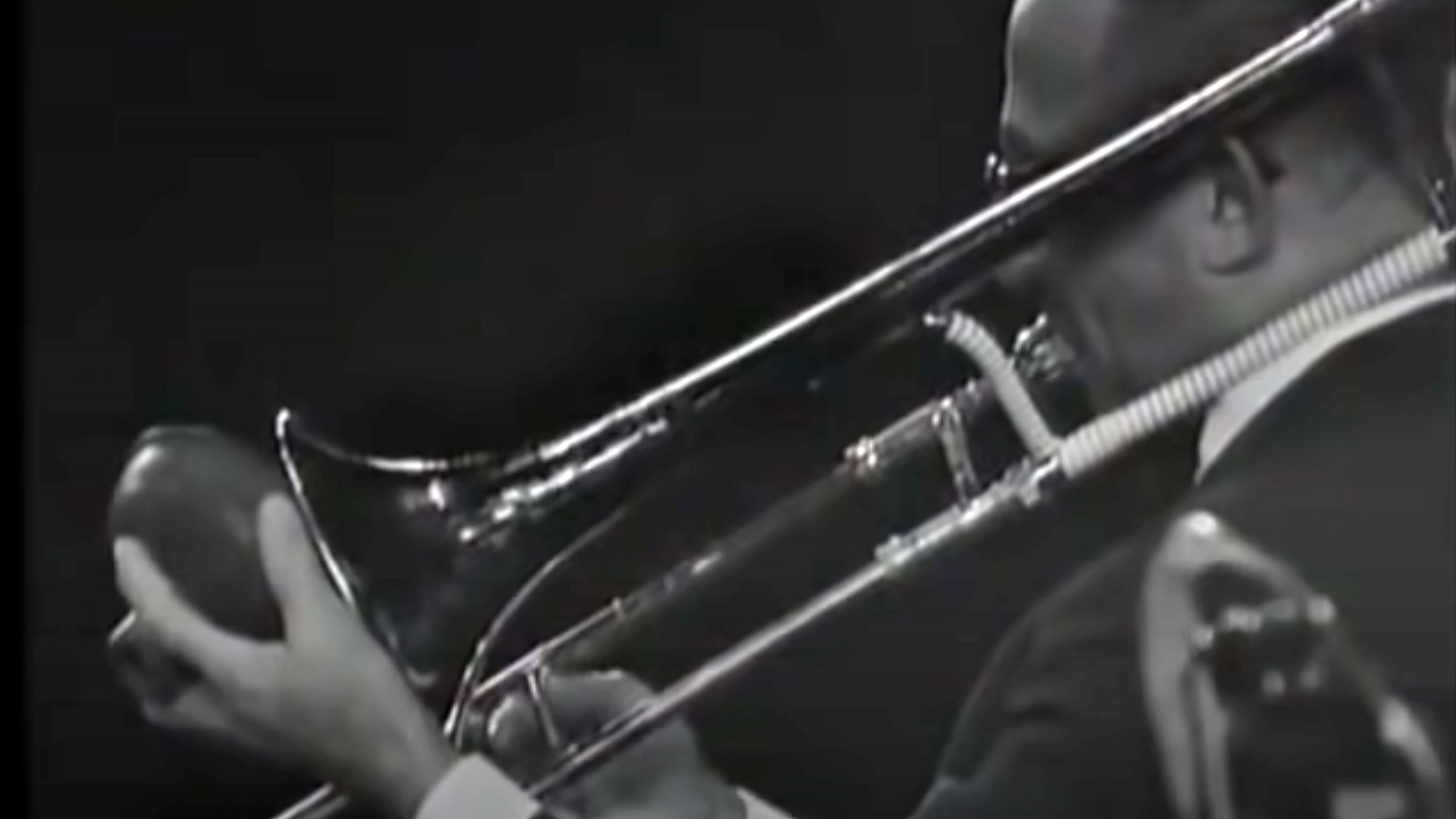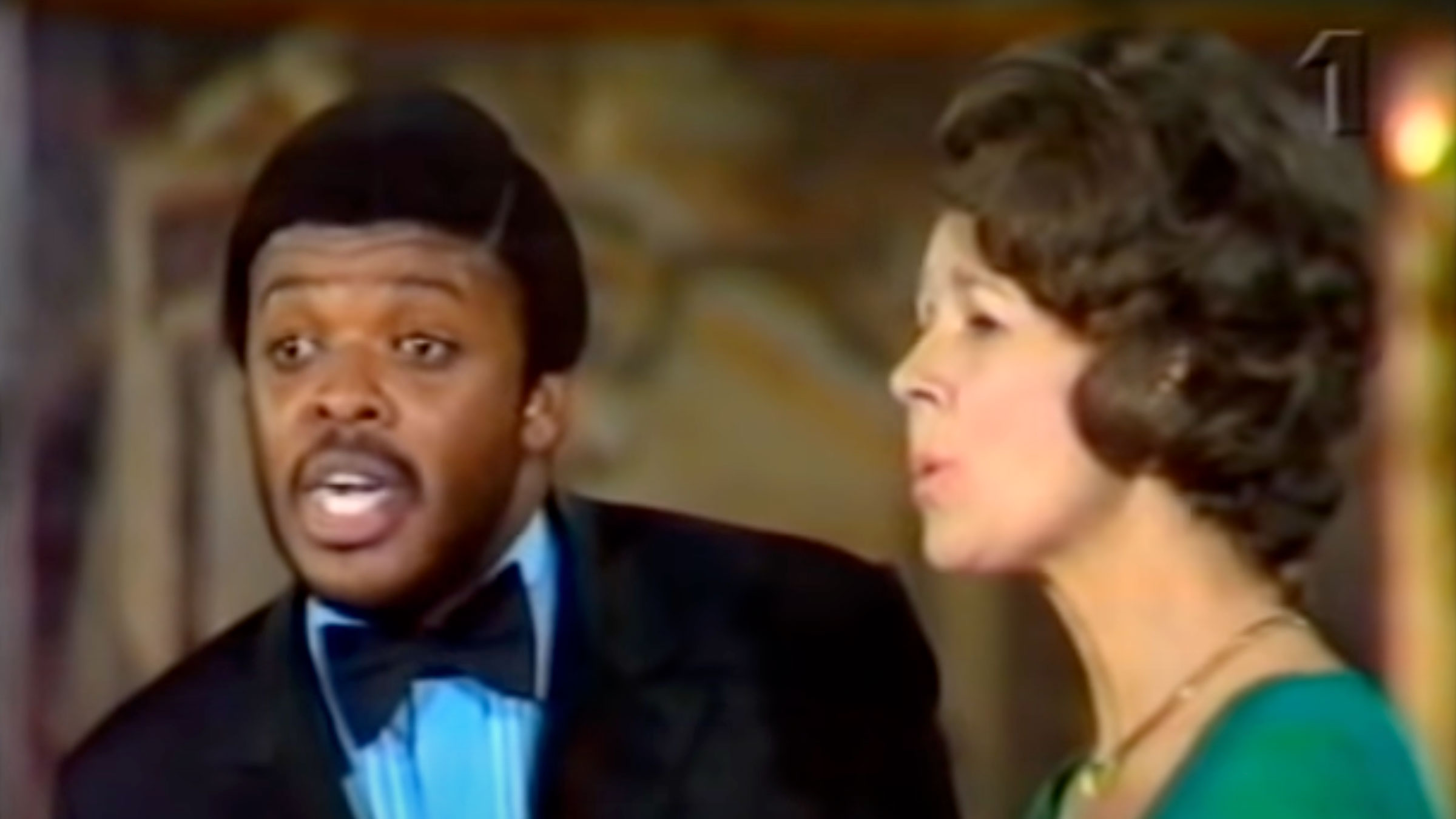Discover Duke Ellington
Excellence Defined
by Ken Steiner, Duke Ellington Historian
photo by Ron Fontenot
The year 2024 will mark the 125th anniversary of Duke Ellington’s birth, and the 100th anniversary of his first recordings. What is his lasting impact?
Duke left us with over 1,500 compositions and thousands of recordings. It is not just the sheer enormity of his creative output that makes it so enduring, but its emotional depth. During tours of France in the 1930s, a critic wrote that Duke’s music “reveals the very secret of the cosmos;” a poet wrote that “such music is not only a new art form but a new reason for living.” It sounds as fresh today as it ever did, and worthy of a lifetime of study.
Embodying Black excellence
Ellington’s music was anticipated in 1893 by Czech composer Anton Dvorak during a visit to the United States: “The future [music] of this country must be founded upon what are called the Negro melodies,” he declared. “This must be the real foundation of any serious and original school of composition to be developed in the United States.”
“I want to perpetuate in music the American Negro’s life, so much of which has never been touched upon,” Duke told a reporter in Boise, Idaho, in 1941. His stated desire was to “establish an unadulterated Negro music.” He wrote Black Beauty in 1928; the seven-minute Creole Rhapsody in 1931; his 47-minute “tone parallel” [to African American history, Black, Brown, and Beige, in 1943; and Harlem in 1951.
Duke Ellington and His Orchestra embodied Black excellence. The great writer Ralph Ellison recalled the stunning impact of seeing the immaculately dressed band performing in the 1930s South: “They were news from the great wide world; an example and a goal.” Duke reached out to Black communities; arranged for special concerts; and made appearances at high schools, colleges, hospitals, churches, and baseball and football games.
“At least one day out of the year all musicians should just put their instruments down, and give thanks to Duke Ellington,” Miles Davis famously said in a “Down Beat” Blindfold Test in 1955. Duke was foremost among jazz musicians in claiming the freedom to write music as artistic expression, rather than solely for entertainment. He broke down employment barriers as the first Black musician to play numerous Whites-only venues.
He and his orchestra’s sophistication and intellect were in bold contrast to the demeaning racial stereotypes of their day. “Ellington has been an ambassador of goodwill for his race and he has not mispresented us in any way, shape, or form,” editorialized the African American weekly, Norfolk Journal and Guide, in 1943.
Duke opened ears. In elevating African American culture, Duke elevated all of humanity. His music was both an optimistic vision and a deep expression of the human condition. It appealed across racial lines. Duke embedded the American ideals of democracy and freedom in his message, and took it to the world. The band played to rapt audiences in Europe, Asia, Africa, Australia, and South America.
To learn more about Duke
The music of Duke Ellington is a favorite in the academic world. Both Berklee School of Music is one example and UCLA offer entire courses in Ellington.
International conferences to study Duke’s life and music are held around the world, including these presentations from the “Duke and the Lights” conference in Paris, April, 2023.
The vast Duke Ellington archives are located at the Smithsonian Institution in Washington, D.C.
To see some of the countless Ellington artifacts—photos, awards, works of art, sheet music—at the Smithsonian.
Duke Ellington’s day-to-day activities are chronicled in the massive “The Duke When and Where” database.
A great website for further information about Duke with many links is “Ellington Galaxy” which incorporates the Duke Ellington Society of Sweden website The site has an extensive collection of links to other Ellington sites.
Duke’s legacy around the world
Duke’s music is performed across the globe. His Sacred Concerts are presented by orchestras around the world and have become a staple during the holiday season, as his and Strayhorn’s reimagining of Tchaikovsky’s Nutcracker Suite.
The Jazz at Lincoln Center Orchestra, led by Wynton Marsalis, includes a lot of Duke in their repertoire. Since 1995, they’ve sponsored the Essentially Ellington competition for high school bands for 23 years. Over 1,000 Ellington scores have been transcribed and distributed to high school orchestras around the U.S.
“Ellington is the gold standard,” says Jason Moran, one of many contemporary musicians including Duke in his performances. Moran, the Kennedy Center Artistic Director for Jazz, has programmed a series of eight concerts of Duke’s music in the spring of 2024.
The Duke Ellington Orchestra is dedicated solely to the legacy of Duke Ellington. Paul Ellington, Duke’s grandson, and executor of the Duke Ellington Estate, is its Executive Director. Charlie Young was recruited as the orchestra’s lead saxophonist in 1988. Since 2013, he has served as Artistic Director and Conductor.
To truly experience Duke’s music, come see and hear the Duke Ellington Orchestra perform live in concert. It’s a unique opportunity to experience the nuances of Ellington compositions, as interpreted and performed by today’s gifted musicians.
There’s still nothing quite like Duke live—and that’s a legacy you can be a part of.
